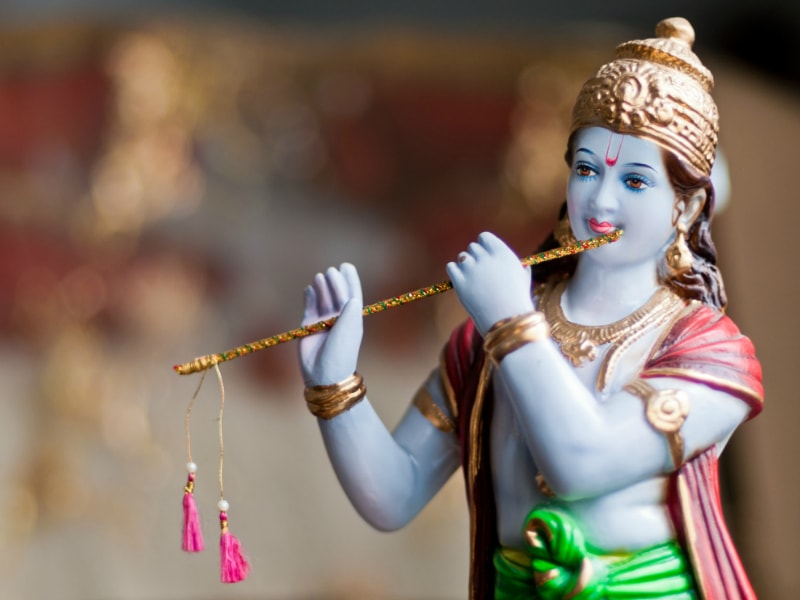Deva is a term, again, found in Hinduism, Buddhism and Christianity. In ‘Buddhism and Medicine’ by C. Pierce Salguero, deva is said to be “one of the eight groups of spiritual beings existing in the pure realms that are free from those desires that ultimately lead to dissatisfaction and misery [but are destined,] when the roots of good karma that previously caused existence in this realm are finally consumed [,] to migrate back into the lower realms of samsara.”
In Hinduism, deva means “heavenly, divine, terrestrial things of high excellence, exalted, shining ones” (‘Monier-Wiiliams Sanskrit-English Dictionary’, 1899). Taken from early Vedic literature, the term is Deva-Asuras (‘Spiritual Titanism’ by Nicholas F. Gier). While in post-Vedic texts these two entities are divided into good (devas) and bad or malevolent (asuras) (Encyclopaedia Britannica).
Devas are also seen as demonic figures in the philosophy of Zoroaster “who first put forth the notion of simplifying the many different gods into just two – one good and one evil” an idea that made its way into the first dualistic cosmologies of the ancient Middle East (The History of the Devil).
It is important to note that the root word for Deva in Hindu and Zoroastrianism are poles apart…

